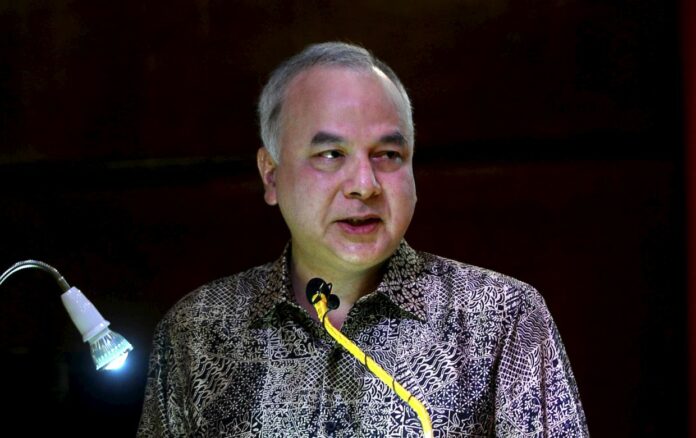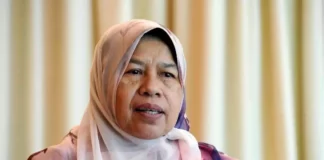KUALA LUMPUR, Jan 14 — Medical practice must remain grounded in culture despite the fast pace of new medical discoveries and the development of innovative therapies and interventions, said the Sultan of Perak, Sultan Nazrin Shah.
The Universiti Malaya (UM) Chancellor, in his royal address at the virtual Asia Pacific Medical Education Conference (APMEC) 2022 today, said doctors and healthcare professionals must always remember that each patient they treated is part of a community.
“Malaysia has a rich history and deep respect for culture, which is apparent in our diverse multi-ethnic population and communities of all faiths are able to celebrate their time-honoured traditions, with the support of their neighbours.
“This spirit has translated to the medical education community of Malaysia, where respect for and belief in the individual above all, are prioritised,” he said at the event themed Our Heritage, Our Strength: Future Proofing Healthcare Professionals.
APMEC 2022, which runs from Jan 12-16, is jointly organised by UM and the National University of Singapore (NUS).
Sultan Nazrin said the COVID-19 pandemic has highlighted the extent to which culture and behaviour can influence medical outcomes, and the medical fraternity must learn from these different experiences.
“While the COVID-19 virus has caused death and destruction around the world, its impact has also varied considerably. This can be seen both between different countries, and within populations, and is due in part to cultural and behavioural factors,” he added.
Sultan Nazrin said as a large part of the work of medical educators lies in the development of the next generation of doctors and health professionals, it is necessary to consider the virtues that have transcended time as they look to the future.
He said medical education has evolved considerably, from the instructor-centred and content-focused programmes of the past, towards an approach that prioritises the development of empathetic as well as proficient doctors.
Sultan Nazrin noted that this can be expanded to inculcate qualities such as adaptability and resilience and by doing so, providers of medical education can help to ensure that all patients are treated with respect and dignity, and given the most appropriate and effective healthcare.
















